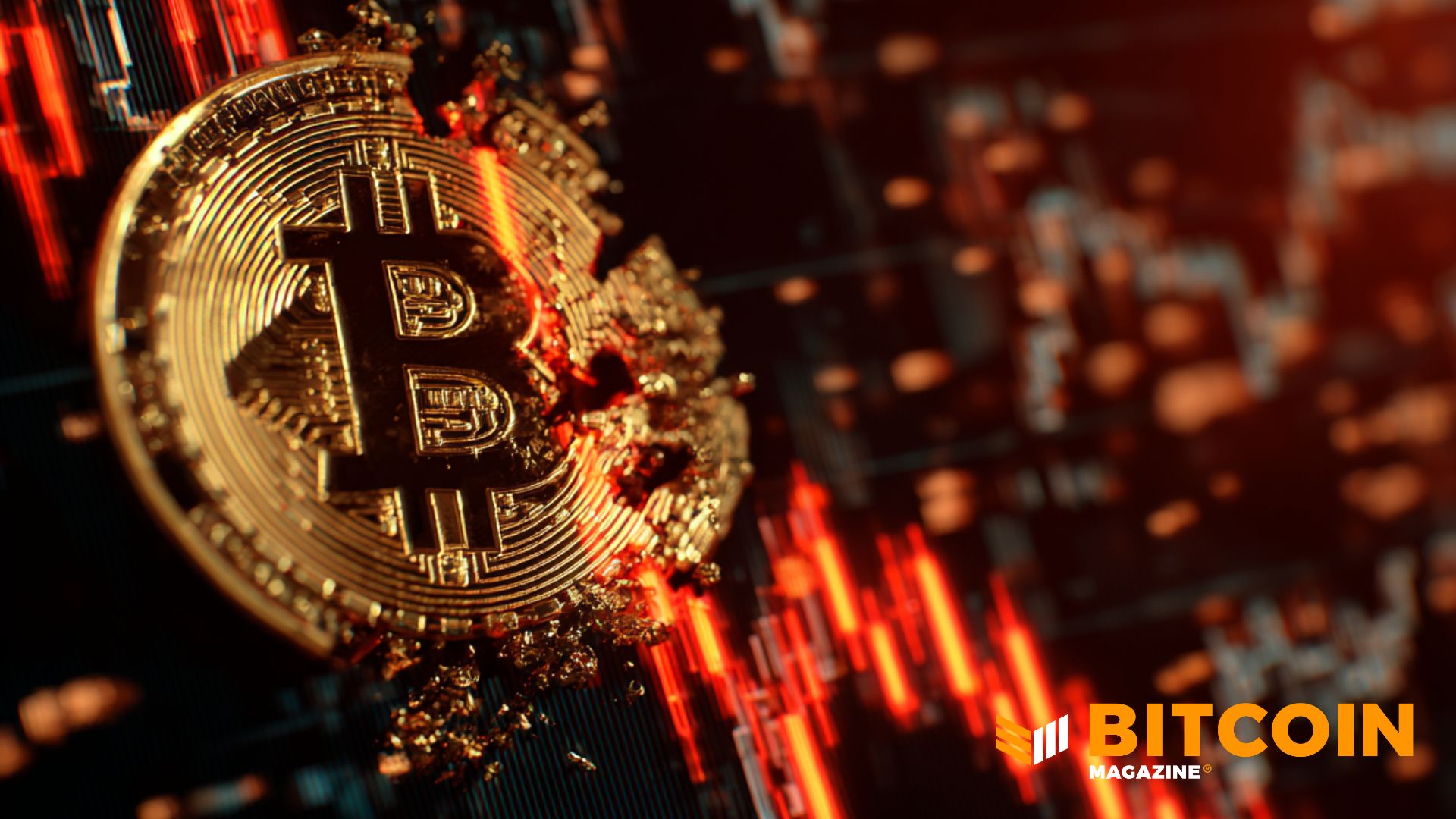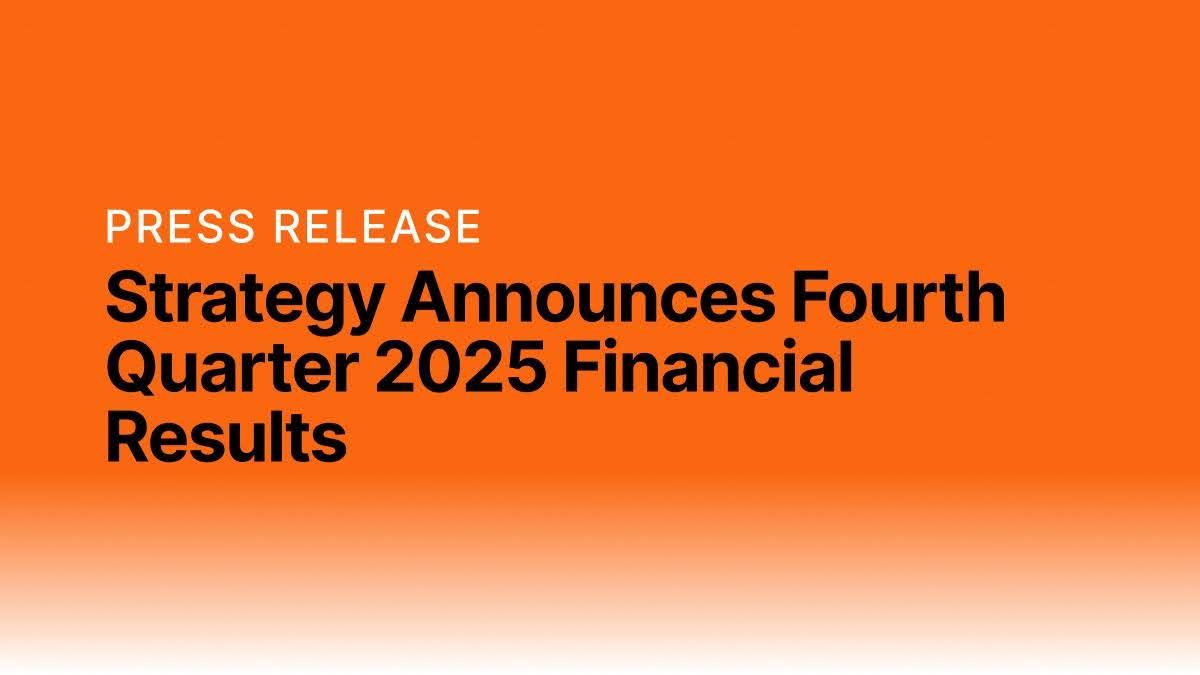2018-9-21 09:42 |
As per the latest report from the United Nations High Commission for Refugees (UNHCR), the death rate for refugees trying to enter Europe has risen. This is despite the reduction in the overall number of people trying to make the crossing. The report revealed that one out of every 18 individuals who used the Mediterranean to access Europe between January and July this year died. This figure is considerably higher than this posted last year, where the mortality rate was one out of every 42 refugees and migrants.
In the summer, the US governmental agencies, Immigration and Customs Enforcement agency (ICE) and Customs and Border Protection agency, triggered an outrage. The federal authorities were accused of being intolerant and separating illegal immigrant children from their parents and guardians. From January 2016, the number of arrested immigrants has increased by over 30,000, reaching 144,000 last year.
Despite the reduced use of the term ‘refugee crisis’, it is evident that mass migration is still a major global challenge. The main reasons behind this movement of people are both social and economic crises, such as in Syria and Venezuela, as well as climatic changes, as claimed by scientists. This problem is further worsened by the absence of a decent migration policy that is universally acceptable. Nonetheless, decentralized technologies can be used to alleviate the conditions of refugees and migrants worldwide.
The Global PassportIndividuals that are on the run are highly likely to lose their documents, including identity cards, academic certificates and so on. This is because most of refugees and migrants leave without prior notice as a result of emergencies. Consequently, these people are often subjected to lengthy bureaucratic processes during their admission to their settlement countries. As per statistics from the Norwegian Refugee Council, 70% of Syrian refugees have neither official identification documents nor documents showing ownership of assets.
Host nations are equally affected by this menace since they cannot access fundamental information concerning the newcomers. For instance, they cannot know the refugee's medical history, family pedigree or criminal records, or any other crucial information that can influence their decision on the subject. Therefore, malicious individuals such as economic migrants, fugitives and perpetrators of war can easily masquerade as refugees due to the lack of a proper identification mechanism.
The importance of documents is not only applicable to governmental agencies. Even if a refugee or migrant is granted asylum and a new passport, they still find it hard to make a living in their new countries. This is because unlike governments, employers are not bound by humanitarian ethics and often demand for proven documentation. Given that native experts have difficulties in landing employment opportunities, the chances for a refuge with no verifiable credentials are close to zero, even if they have hands-on skills and extensive experience.
Due to the hugely bureaucratized nature of the contemporary world, the lack of necessary document means that refugees are locked out of a host of essential needs. As a result, these individuals are compelled to seek alternatives in traditional structures, usually based on ethnicity or religion. Although such organizations offer a little compensation and aid, they are incapable of significantly impacting an individual’s livelihood.
Additionally, data security is also important. The personal identities of individual refugees are recreated using advanced biometric systems set up by the UNHCR. The UN agency usually registers refugees and stores their credentials in their databases. However, the centralization of such a system increases its vulnerability to attacks. To this end, the UNHCR website reported that India's biometric databases, Aadhaar – the largest human information database in the world, has been subject to frequent attacks, with hackers charging as little as $8 to breach the database.
Funding And GovernanceIn cases where refugees and migrants have documents in their possession, they are still faced with other types of challenges. Though several national, international and non-governmental organizations (NGOs) are regularly pumping funds towards the support of refugees, the issue of governance and funding is a shortcoming of the immigration policy.
Usually, refugees spend lengthy periods in designated camps, where they encounter security problems and even a lack of basic necessities. During this period, they are subjected to endless interviews, documents and procedures that are further complicated by systematic inadequacies and communication barriers.
Another activity that is often marred by malpractice and dishonesty is the disbursement of money. According to a research conducted by Development Initiatives, an institution based in Bristol, a whopping $22 billion of the over $1000 billion that was allocated to developing countries for bilateral official development never reached its intended destination. Instead, the money was redirected to the cancellation or rescheduling of debts. Similarly, the Guardian reported that an anonymous source estimated that 70% of money designated for Syrian refugees in Greek camps had been wasted.
Last year, Human Rights Watch published a report highlighting the high prevalence of non-transparency in the utilization of donor funding, using the misappropriation of education funds in Syria as an example. The main causes for the under-delivery of donor funds include lack of sufficient info about the funded projects and the untimeliness and inconsistency of donor reports.
Finnish ExperimentBecause of its small population, Finland can accommodate a low number of refugees. This year, the country’s quota is set at 750, with most of the migrants coming from Syria and the Democratic Republic of Congo. In comparison, her neighbor, Sweden, can take in 3,400 refugees. Nonetheless, the country has set a global precedent by using blockchain technology to streamline the onboarding of the migrants.
Over the past three years, the Finnish Immigration Service has been issuing prepaid MasterCards to asylum seekers instead of handing them cash money. Currently, this programs has thousands of members. Each card is linked to a distinctive digital identity stored on an immutable blockchain database. Moreover, the cards are linked to conventional bank accounts. This system was developed by MONI, a blockchain startup based in the Finnish capital, Helsinki.
The refugees can easily receive salaries, pay bills and acquire goods and services using their bank cards. Since every transaction is recorded on the blockchain ledger, the immigration department can keep tabs on the spending behavior of each of the cardholders. For the refugees, the MONI account enables them to access banking services seamlessly, as well as having an identity that is verifiable to prospective employers.
The Involvement Of The United NationsDuring this year’s World Economic Forum in January, billionaire businessperson and philanthropist George Soros disclosed that his enterprises have already deployed blockchain technology in immigration policies. Precisely, Soros said that they rely on the technology to assist migrants to keep in touch with their families and secure their financial assets.
Upon further questioning, Soros declined to elaborate on the details of the implementation of the blockchain. While it is characteristic of the wealthy to shred little about their charitable acts, the UN, the main international body in the provision of humanitarian services, has already started adopting blockchain technology.
Last year, Accenture and the Microsoft Corporation were charged with the development of a blockchain-driven digital ID network, a project that was supported by the UN. Once completed, the platform would provide legal identification to over 1.1 billion people without official identification documents. The prototype of the digital ID network was presented at the UN headquarters in New York during the ID2020 summit.
Fundamentally, the Microsolf digital ID network will capture biometric information from an individual and store it on a blockchain. Thus, the individuals would be able to prove their identity, even in an instance where paper documentation is lost. Additionally, the platform will also integrate existing records into its databases. Concerning this, David Treat, the managing director of Accenture’s financial department, said that the digital identity is a fundamental human right, specifically, David stated that individuals who lack an identity are marginalized and disenfranchised, and locked out from essential services.
The instance mentioned above is not the first time for the UN to encounter blockchain technology. In July, the international body established a ‘High-Level Panel on Digital Cooperation,’ an institution whose priority is blockchain technology. Also, in May, the UN signed a memorandum of understanding with the IOTA blockchain to explore how the tech could increase efficiency.
The UN also played a key role in the establishment of what is perhaps the most significant implementation of blockchain technology for a philanthropic cause to date. In May last year, the World Food Programme (WFP), a subsidiary of the UN, issued cryptocurrency-based vouchers to Syrian refugees for use in partnering markets. The participant merchants received codes linked to cryptographically unique coupons, each worth an undisclosed amount of Jordanian dinars. To purchase good, the merchants scan the irises of the refugees. Apparently, the pilot phase of this initiative has saved the WFP over $150,000 per month while doing away with bank-related fees.
Earlier in February, Robert Opp, a director at WFP, told Bloomberg that the UN was working towards the expansion of its blockchain payment systems. By adopting Ethereum-based blockchain networks, the UN intends to reduce operational exons by a substantial margin. According to the official WFP website, the Syrian refugee program has already benefited over 100,000 individuals.
The next phase of this initiative is expected to cover an extra 500,000 refugees residing in Jordan. Reportedly, other agencies of the international body, including UNICEF, UN Women, UNHCR, UNDG, UNOPS, and UNDP are contemplating about the adoption of blockchain technology, particularly in improving the supply chain, auditing of payments and management of identities and data.
Obviously, blockchain is not the ultimate solution to the challenges facing the global immigration policy. Issues such as xenophobia, discrimination in job-seeking and lack of social protection cannot be mitigated by blockchain. Though useful, blockchain cannot substitute political will.
Naturally, the decentralization feature that is inherent to blockchain platforms takes away the control that governments are accustomed to. For this reason, it is probable that its adoption will be met by a significant amount of opposition, especially from conservative administrators.
All that said, immigration is here to stay, given that war, hunger and inequality are still prevalent. Nevertheless, as this article details, blockchain can go a long way in alleviating the living conditions of refugees and migrants, especially by eliminating human error, storing vital documents and ensuring transparency in the disbursement of aid.
origin »Bitcoin price in Telegram @btc_price_every_hour
United Bitcoin (UBTC) íà Currencies.ru
|
|






